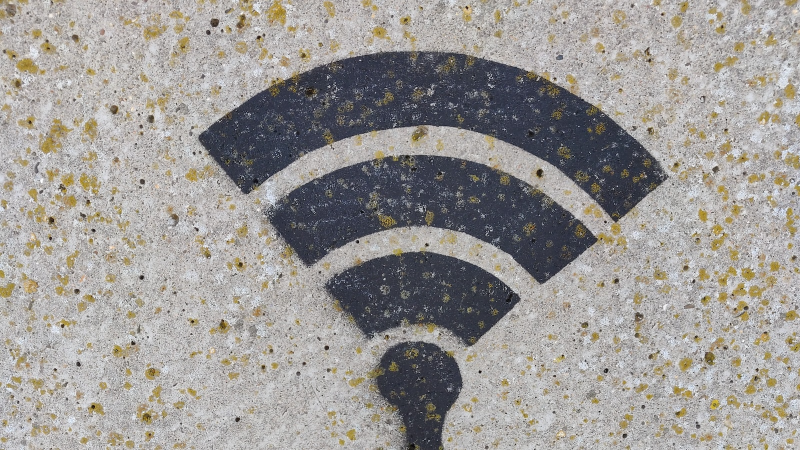고정 헤더 영역
상세 컨텐츠
본문
Introduction to Mesh WIFI
Mesh WIFI is a new type of wireless network that's gaining popularity among homeowners and businesses. Unlike traditional WIFI networks that use a single router to transmit signals to all devices, mesh WIFI uses a network of interconnected nodes or access points to distribute signals. This creates a more robust and reliable wireless network that's capable of covering larger areas without any dead spots.

Advantages of Mesh WIFI
1. Better coverage
One of the main advantages of mesh WIFI is its ability to provide better coverage compared to traditional WIFI networks. With mesh WIFI, you can add more nodes or access points to cover a larger area without experiencing any dead spots. This makes it ideal for homes or businesses with multiple floors, large outdoor spaces, or thick walls that can interfere with signal strength.
2. Easy to set up
Mesh WIFI networks are generally easier to set up compared to traditional WIFI networks. The nodes or access points can be easily configured using a smartphone app or web interface, and you don't need any technical knowledge to get started.
3. Increased reliability
Mesh WIFI networks are more reliable compared to traditional WIFI networks. If one node or access point fails, the other nodes can continue to provide coverage, ensuring that your devices stay connected to the internet. This makes mesh WIFI ideal for businesses or homeowners who rely on a stable internet connection.
4. Better performance
Mesh WIFI networks can provide better performance compared to traditional WIFI networks. With multiple nodes or access points, your devices can connect to the closest node, ensuring that you get the best signal strength and speed possible. This is particularly useful for homes or businesses with multiple devices that require a high-speed internet connection.
Disadvantages of Mesh WIFI
1. Higher cost
Mesh WIFI networks are generally more expensive compared to traditional WIFI networks. This is because you need to purchase multiple nodes or access points to cover a larger area, which can be costly.
2. Higher power consumption
Mesh WIFI networks consume more power compared to traditional WIFI networks. This is because each node or access point needs to communicate with other nodes or access points, which requires more power. This can result in higher electricity bills in the long run.
3. Potential interference
Mesh WIFI networks can be susceptible to interference from other wireless devices or electronic equipment. This can result in slower internet speeds or signal dropouts, which can be frustrating for users.
4. Compatibility issues
Mesh WIFI networks may not be compatible with some older devices or operating systems. This can result in some devices not being able to connect to the network or experiencing slower internet speeds.
Conclusion
Mesh WIFI is a new type of wireless network that offers several advantages over traditional WIFI networks, including better coverage, easy setup, increased reliability, and better performance. However, it
Here are the three most popular Mesh WIFI products on Amazon based on customer ratings and reviews:
- Google Nest Wifi - https://www.amazon.com/s?k=google+nest+wifi2
- Amazon eero Pro 6 - https://www.amazon.com/s?k=eero+pro+6
- TP-Link Deco Mesh WiFi System - https://www.amazon.com/s?k=TP-Link+Deco
I hope this helps!
'About IT' 카테고리의 다른 글
| TESLA FSD/Auto Pilot is really self-driving? (0) | 2023.02.18 |
|---|---|
| Global Internet Speed Comparison: Top 10 (0) | 2023.02.16 |
| A Comprehensive Guide to Windows 11: Everything You Need to Know (0) | 2023.02.16 |
| Apple VS Goole (Feat.Samsung) about Smart Phone (0) | 2023.02.15 |
| openAI - Points to Note for DALL·E Model (0) | 2023.02.15 |




